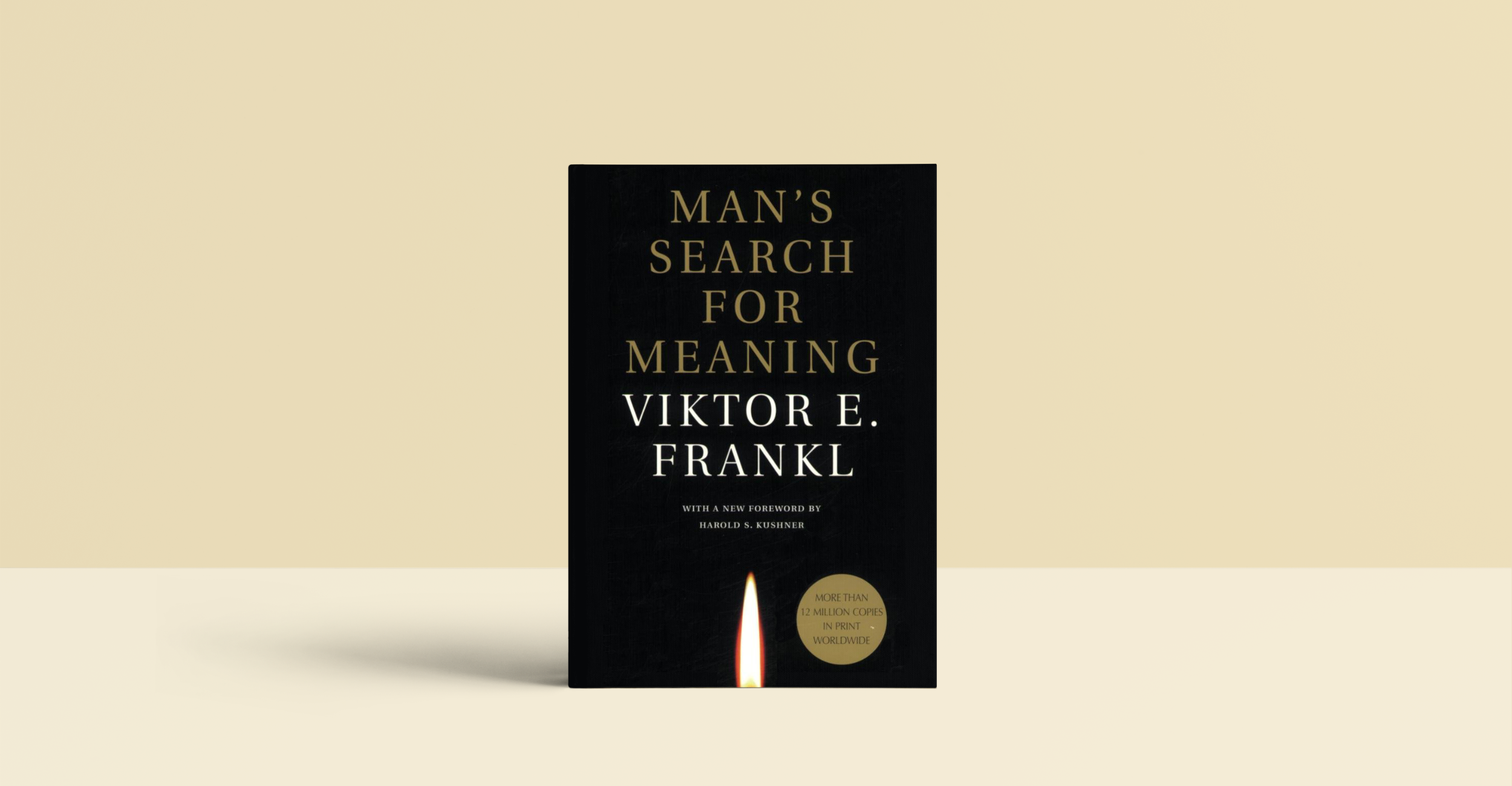The Search for Meaning
Man’s Search for Meaning BY Viktor E. Frankl
My coffee cup rating:
☕️☕️☕️☕️☕️
I’ve always been fascinated by World War II and the men and women who survived it. So many amazing stories have come out of this tough moment in history, some of which are loving and heroic, others horrific and mortifying. What I find most interesting about war is the beauty and kindness that can come from such suffering and despair. Viktor E. Frankl’s Man’s Search for Meaning is one of those stories. It’s a tale of Frankl’s personal experience surviving the concentration camps of World War II and what he learned about the human desire for meaning.
Out of all the book recommendations I’ve come across from many different people, this book has always been on the top of the list -and for good reason. This book deals with questions many people struggle finding answers for. Frankl does a great job of giving examples for finding meaning in life, summing it up in three ways: Through meaningful work or deeds, by experiencing something or someone, and the attitude taken during unavoidable suffering.
“He who has a why to live for can bear almost any how”
Answering the question of life’s meaning really was a life-long journey for Frankl long before the war. At the age of three, he decided he wanted to be a physician. At sixteen, he had an article published in the International Journal of Psychoanalysis and was doing lectures on the meaning of life. After becoming a psychologist, Frankl was working at a hospital in Vienna when he and his family were arrested and taken to the concentration camps. He was imprisoned for three years and stayed at four different camps -Theresienstadt, Auschwitz, Kaufering, and Türkheim. What I find interesting about this story is just before Frankl was arrested, he had an opportunity to immigrate to the U.S. but decided to stay behind and help is aging parents. This seemly small decision had huge impacts of the rest of this life. If he had immigrated he could have been spared imprisonment for those three years. Without this experience though, this book and much of Frankl’s work would not have the depth and impact it does today.
The overarching theme of this book can be well summed up in this quote by Philosopher Friedrich Nietzsche “He who has a why to live for can bear almost any how.” Frankl uses this quote multiple times in the book and explains how essential this motto is for any prisoner’s survival. For Frankl himself, he had many reasons why to live, but the one I think fueled him most was the love for his wife. He said this upon reflection of her while he was in camp:
My mind still clung to the image of my wife. A thought crossed my mind: I didn’t even know if she were still alive. I knew only one thing—which I have learned well by now: Love goes very far beyond the physical person of the beloved. It finds its deepest meaning in his spiritual being, his inner self. Whether or not he is actually present, whether or not he is still alive at all, ceases somehow to be of importance.
- Man's Search for Meaning (p. 38). Beacon Press.
I’ve always loved to laugh and has been very therapeutic for me at times. It was great to see that even in such dire circumstances humor can be found and even used as a catalyst to survival. Frankl said this about humor in the camp:
To discover that there was any semblance of art in a concentration camp must be surprise enough for an outsider, but he may be even more astonished to hear that one could find a sense of humor there as well; of course, only the faint trace of one, and then only for a few seconds or minutes. Humor was another of the soul’s weapons in the fight for self-preservation. It is well known that humor, more than anything else in the human make-up, can afford an aloofness and an ability to rise above any situation, even if only for a few seconds. I practically trained a friend of mine who worked next to me on the building site to develop a sense of humor.
- Man's Search for Meaning (p. 43). Beacon Press.
My only criticism of this book would be it does feel a little disjointed. Broken up into two parts, it doesn’t flow well from part one to part two - almost feeling like two separate books. This by no means takes away from the message or power of this book as these two parts do complement each other. Also, if you’re reading the newer edition, skip the forward and read the afterword first. The afterword gives some great background to Frankl’s personal story [some of which I outline above] that I think will make reading the book that much more insightful. A relatively short read, Man's Search for Meaning has something for pretty much everyone and should be on your list of books to read this year.

